Bass Corner
The Bass Corner is filled with music to help you become the "complete" bassist everyone wants in their group. It's a resource for bassists of all levels. Click on the bulleted terms to see what's in each category or browse the masters of the bass below.
Because we believe that playing along with a recording is a great (and fun) way to learn, that's what we suggest. Get the tracks you like and play along with them. Using headphones lets you feel the music better. Become a virtual member of the rhythm section! Almost all of the compositions on jazzleadsheets.com are available on iTunes or Amazon or can be heard on internet radio stations. We also have our own exclusive audio for many titles, including Minus You tracks.
Here's the current roster of featured bass players:
- Book's Bok - Bertha Hope Swing (medium)
- Sonny's Tune - Sonny Stitt Swing (medium)
- Smokin' O.P.'s - Jon Burr Swing (medium up)
- Beauteous - Paul Chambers Swing (medium)
- Blue Spring Shuffle - Kenny Dorham Swing (medium)
- Dig Dis - Hank Mobley Swing (medium)
- Ease It - Paul Chambers Swing (medium up)
- Hand Of Love - Paul Chambers Latin (medium)
- Visitation - Paul Chambers Swing (medium)
- Whims Of Chambers - Paul Chambers Swing (medium)
- Touching Affair - James Williams Even 8ths
- Lemoncello - Robert Watson Funky swing
- One For Honor - Charles Fambrough Latin/swing (uptempo)
- Brown's Town - Kenny Dorham Swing (medium)
- Bass-ment - Kenny Drew, Sr. Swing (medium up)
- Bass Song - Yuriy Galkin 3/4 swing (medium)
- John Charles - Ronnie Mathews Swing (medium)
- Reflections In Blue - James Williams Swing (shuffle - medium)
- Almost Everything - Don Friedman Swing (medium up)
- Ballad For Jaco - Jon Davis Ballad
- Bet - Doug Watkins Swing (medium up)
- Blues Scam - Richard Wyands Swing (medium)
- Dancing Sunbeam - Eli "Lucky" Thompson Swing (medium)
- Dee's Den - Richard Wyands Swing (medium)
- Ease It - Paul Chambers Swing (medium up)
- Fourplay - James Williams Swing (medium up)
- Midnight Creeper - Norman Simmons Swing (medium slow)
- Mister Man - Eli "Lucky" Thompson Swing (medium up)
- No Kiddin' - Jon Davis 3/4 swing (medium up)
- Personal Space - Geoffrey Keezer Latin
- Plain But The Simple Truth - Eli "Lucky" Thompson Swing (medium)
- Red Sky Waltz - Don Friedman Swing (medium)
- Silk - Norman Simmons Swing (medium)
- So You Say - Cecilia Coleman Swing (medium up)
- Tempo di Max - Don Sickler Swing (uptempo)
- Two Sides Of A Penny - Cecilia Coleman Swing (medium)
- Waltz For Marilyn - Don Friedman 3/4 swing (medium)
- Yes It Is - Richard Wyands Swing (medium)
- 18th Century Ballroom - Ray Bryant Swing (medium up)
- Soul Time - Bobby Timmons 3/4 swing (medium)
- Fuzz - Bobby Jaspar Swing (medium up)
- "D" Bass-ic Blues - Cecil McBee Swing (medium)
- Close To You Alone - Cecil McBee Ballad
- Double Decker - Don Sickler Groove (medium)
- Almost Christmas - Eddie Higgins & Roger Schore 3/4 swing (slow)
- High Modes - Hank Mobley Swing (medium)
- Politely - Bill Hardman Swing (medium)
- Look Inside - Kenny Drew, Jr. Swing (medium)
- Dancing Sunbeam - Eli "Lucky" Thompson Swing (medium)
- Mister Man - Eli "Lucky" Thompson Swing (medium up)
- Plain But The Simple Truth - Eli "Lucky" Thompson Swing (medium)
- Get In The Basement - Rahsaan Roland Kirk Swing (medium up)
- 18th Century Ballroom - Ray Bryant Swing (medium up)
- Feelin's Good - Hank Mobley Swing (groove - medium)
- La Mesha - Kenny Dorham Ballad
- Sao Paulo - Kenny Dorham Latin (Funky)
- Ann's Mood - David Hazeltine 3/4 swing (medium)
- One For Peter - David Hazeltine Swing (medium up)
- Pete's Sake - David Hazeltine Swing (medium up)
- Politely - Bill Hardman Swing (medium)
- Scotch Thing - Grant Stewart Swing (slow)
- John Charles - Ronnie Mathews Swing (medium)
- Con-Fab - Fritz Pauer Swing (medium up)
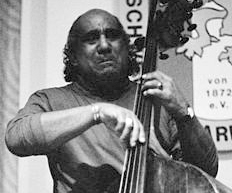
Walter Booker
Walter Booker, from Washington D.C., experimented first with the clarinet and alto sax, and didn't begin playing the bass until he joined the the U.S. Army band in 1959. After his discharge, Booker moved to New York City and began working immediately with the great trumpeter Donald Byrd. Walter quickly worked up the ranks and became a highly sought after musician, working and recording with greats such as Stan Getz, Sonny Rollins and pianist Ray Bryant. However, Booker's most significant relationship in music came when he joined Cannonball Adderley's Quintet in 1969. This version of the quintet helped lead the advent of "soul jazz" and gave Booker even more visibility, for they toured nonstop and released no less than eight albums between 1969-1975. Read more...
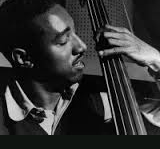
Ray Brown
Ray Brown can be viewed as the paragon of the jazz bassist. His exceptionally driving yet steady sense of time is responsible for unleashing some of the most profound grooves in the history of the music. Brown's remarkable technical facility and harmonic sophistication enabled him to craft compelling bass lines that supported and shadowed the soloists' every move, no matter what direction they chose to go. In addition, Ray Brown is an innovator; he took Jimmy Blanton and Oscar Pettiford's conception and modernized it by increasing the length of his quarter note so that it reached its full value.This combination of smooth, long quarter notes with immense rhythmic intensity became the gold standard and a required treatment for bassists from the bebop era up to the modern day. Read more...
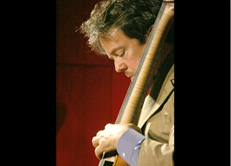
Jon Burr
Bassist Jon Burr's credits go on for miles. At the age of 16 Charles Mingus asked him to sit in on bass at the Village Vanguard. He has worked alongside many of the jazz giants while cultivating his own unique sound. His early discography includes recordings and performances with Buddy Rich, Chet Baker, Hank Jones, vocalists Eartha Kitt and Rita Moreno, and a five year tour with Tony Bennett and numerous Broadway credits. Read more...
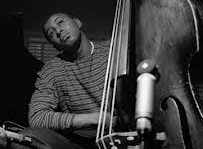
Paul Chambers
Bassist Paul Chambers was a leading rhythmic force in the 1950s and 1960s. He became one of the signature bassists in jazz history. Born in Pittsburgh but raised in Detroit, Chambers initially took up the baritone horn as a child. He followed suit with the tuba and didn't become interested in the string bass until 1949. Listening to Charlie Parker and Bud Powell and studying under a bassist of the Detroit Symphony Orchestra, Chambers began making headway in small bars of Hastings Street area and doing club jobs with Kenny Burrell, Thad Jones and Barry Harris. He did classical work in a group called the Detroit String Band, a rehearsal symphony orchestra. Read more...
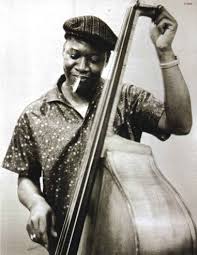
Curtis Counce
Originally from Kansas City, MO, Curtis Counce moved to Los Angeles in 1945 where he became known as one of the great West Coast bassists. It was there he performed and recorded with all the top West Coast musicians of the time including Hampton Hawes, Shelly Manne, Shorty Rogers, and Stan Kenton. Counce also recorded six records as a leader, unlike most bassists of his time. Read more...
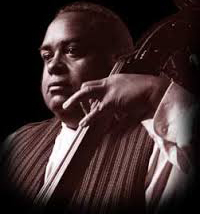
Ray Drummond
Ray Drummond is a bass player and educator with a prolific career. He is best known as a sideman and has appeared on over 300 albums, but he has eight albums as a leader under his belt and close to three decades of experience leading combos. Ray's musical life began at age eight when he took up the trumpet, but he switched to bass at 14. He attended Stanford Business School and worked in business while gigging on the side with musicians like Bobby Hutcherson and Tom Harrell. In 1977, he left the corporate world behind and moved to New York, where he worked with the biggest stars on the scene: Betty Carter, the Thad Jones/Mel Lewis Orchestra, Wynton Marsalis, Woody Shaw, Hank Jones, Jon Faddis, Milt Jackson, Johnny Griffin, Kenny Barron, Pharoah Sanders, and George Coleman. Read more...
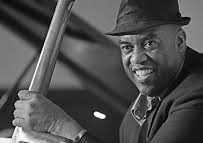
Essiet Okon Essiet
Born in 1956 in Nebraska to Nigerian parents, Essiet Essiet was first recognized for his work with Bobby Watson's group, Horizon. His career quickly grew as he performed and/or recorded with everyone from Art Blakey's Jazz Messengers and Freddie Hubbard, to Benny Golson, Kenny Barron, and Bobby Hutcherson. Essiet currently lives in New York City but can be heard performing just about anywhere in the world. Read more...
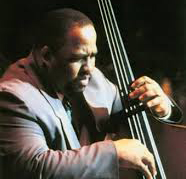
Charles Fambrough
Widely known as one of the most virtuosic bassists to come out of the 1970s, Charles Fambrough made his mark on the jazz scene when he started playing with Grover Washington, Jr.'s band in 1970. Getting the recognition he deserved from this gig, he joined McCoy Tyner and later joined Art Blakey's Jazz Messengers. Fambrough was known for his fearless conviction to whatever style of music he was playing, which led to a successful career in the Latin jazz world as well, performing with Airto Moreira, Flora Purim, and Jerry Gonzalez and the Fort Apache Band. Fambrough was also known for his compositional skills, bringing many of his tunes into the band of the great musicians he played with. He is one of the great jazz musicians to have come out of Philadelphia. Read more...
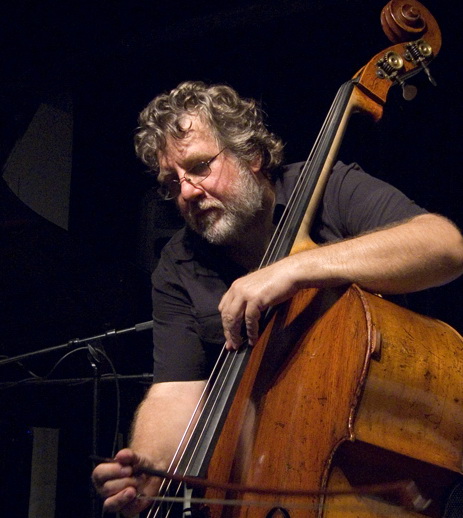
Michael Formanek
One marker of bassist Michael Formanek's creativity and versatility is the range of distinguished musicians of several generations he's worked with. While still a teenager in the 1970s he toured with drummer Tony Williams and saxophonist Joe Henderson; starting in the '80s he played long stints with Stan Getz, Gerry Mulligan, Fred Hersch and Freddie Hubbard. (As a callback to those days, Formanek recorded with hardbop pianist Freddie Redd in 2013). Read more...
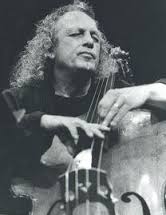
David Friesen
David Friesen picked up the bass at age 19 when he began studying with a member of the Seattle Symphony while he was serving in the army. His career picked up in the 1970s when he toured with notable bandleaders such as Joe Henderson, Marian McPartland and Billy Harper. David has recorded over 65 CDs as a leader and co-leader. Read more...
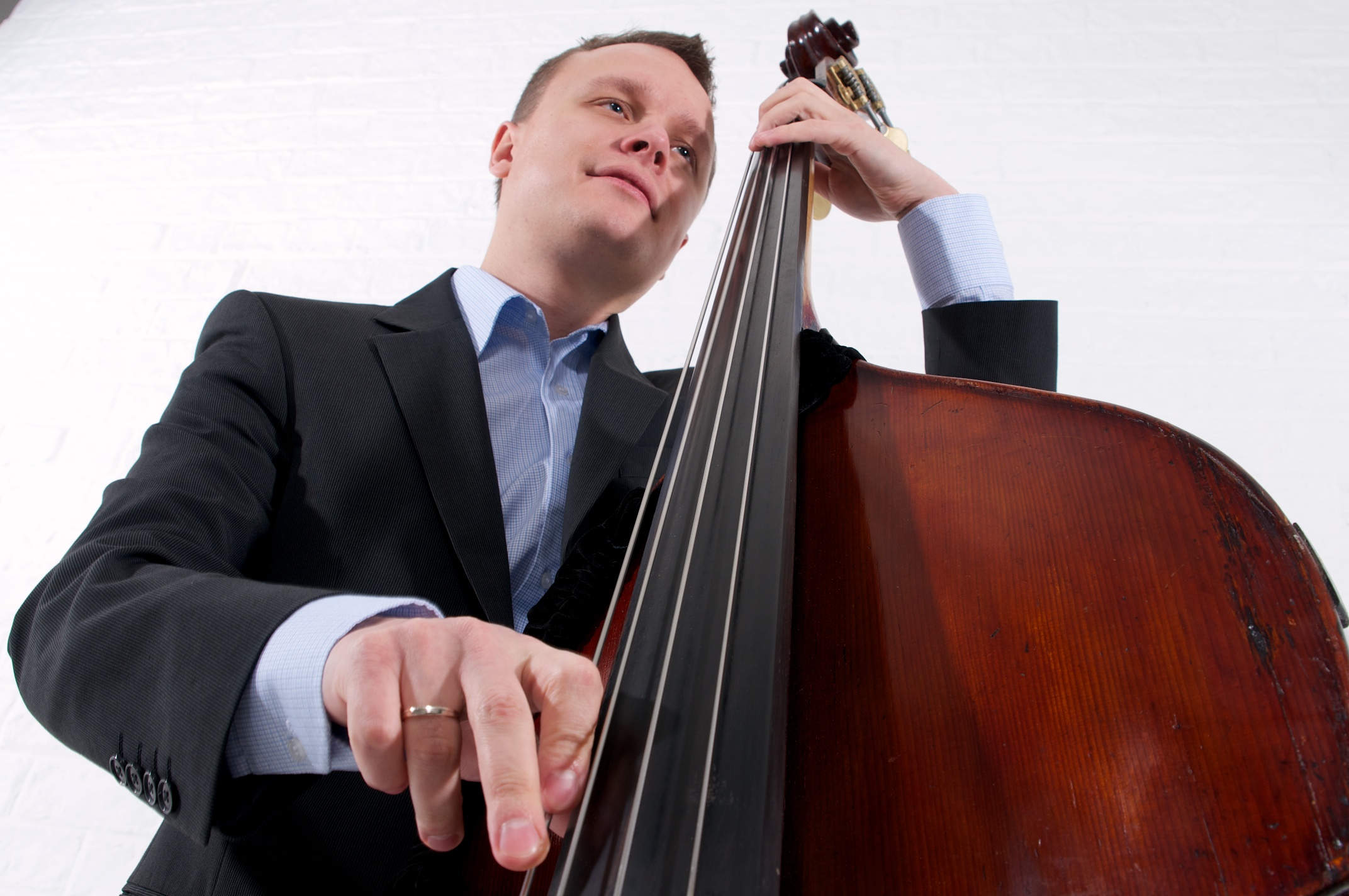
Yuriy Galkin
Yuriy Galkin was born in Russia into a family of musicians. He started to play classical piano at the age of 7, picked up electric bass by the time he was 15, and after only a few months of self-teaching he was able to play professionally. He became interested in jazz and was influenced by a number of great bassists including Paul Chambers, Ron Carter, Charles Mingus, Dave Holland, Niels Pedersen and John Patitucci. His imagination fueled by those great artists, Yuriy started practicing double bass and dedicated himself to the world of jazz music. Read more...
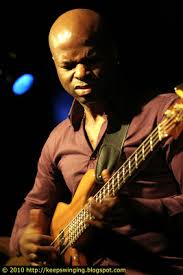
Richie Goods
Known for his combination of solidity and versatility, Richie Goods has had a wonderful career in music. Hailing from the great music city of Pittsburgh, Goods went on to study at the Berklee College of Music and then onward to private study with none other than Ray Brown and Ron Carter. Read more...
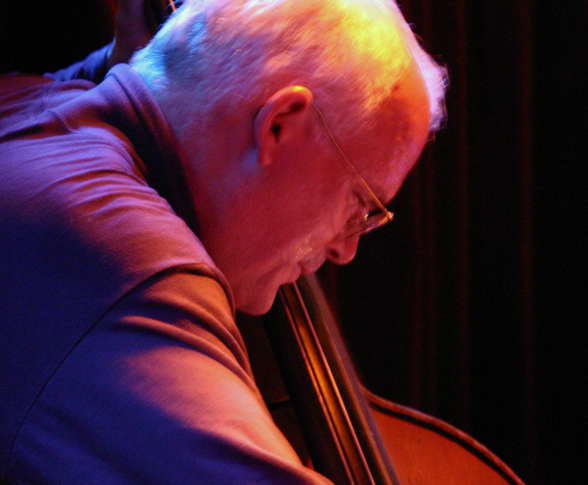
Dennis Irwin
Dennis Irwin played clarinet and alto saxophone early on but it was in college at University of North Texas that he found his true calling: jazz on the acoustic bass. His career began immediately, working with the great Red Garland, but Irwin quickly branched off working with Betty Carter, Art Blakey, Chet Baker, Horace Silver, John Scofield, Michael Brecker, Joe Lovano and many others. Irwin also joined the Mel Lewis Orchestra, which eventually became the Village Vanguard Orchestra. Read more...
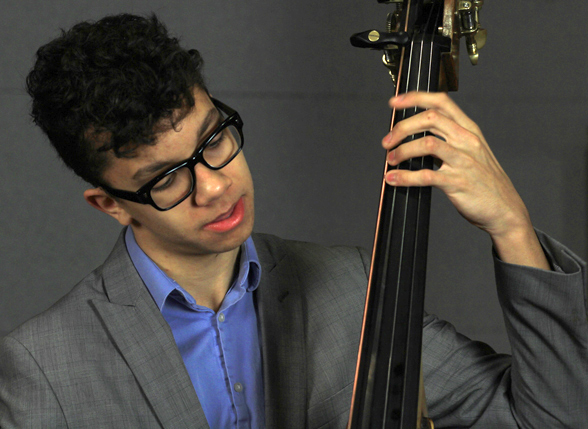
Daryl Johns
Daryl Johns was born in the Bronx and began playing bass at age seven with encouragement from his father, drummer Steve Johns, and his mother, saxophonist Debbie Keefe. Johns has studied with Chip Jackson and Dave Santoro. He has attended the Jazz in July program, the Vermont Jazz Center, and the Litchfield Jazz Camp. Johns sits in regularly around the New York area with musicians including Joe Lovano, Dave Liebman, and Randy Brecker. He also performs throughout New York and New Jersey with a trio of his peers. Johns was featured on a Fox television segment called “12-Year-Old Jazz Prodigy." Read more...
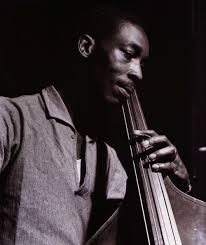
Sam Jones
Sam Jones was most known for his work with the great Cannonball Adderley but he played extensively with all the great bandleaders including Bobby Timmons, Ray Bryant and Kenny Dorham. His discography speaks for his versatility as he could mold to any situation, but Jones was most known for his strong, confident beat and great bass lines. These traits are what led to countless recordings with various leaders, (especially with Cannonball and Nat Adderley) as well as replacing Ray Brown in Oscar Peterson's trio from 1966-1970. Read more...
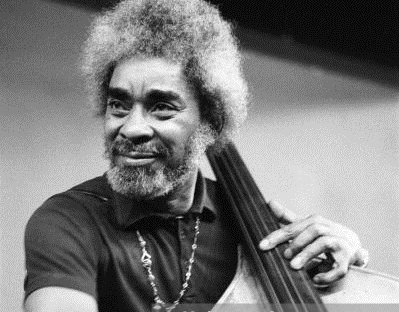
Wilbur Little
Wilbur Little was a wonderful bassist who came of age in the early 1950s under the prime influences of Jimmy Blanton, Oscar Pettiford and Ray Brown. With his beat of swinging splendor and sense of harmonic and rhythmic daring, Little was able to contribute strongly in such well known recording sessions as Bobby Jaspar's "Blues for Tomorrow," Tommy Flanagan's "Overseas," J. J. Johnson's "Live at Café Bohemia." Read more...
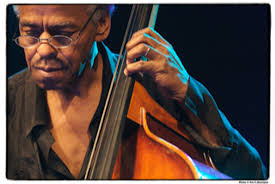
Cecil McBee
Cecil McBee has been on the jazz scene for many years; he always plays marvelously in any style. Cecil is a true master of bass lines. His ballad accompaniment is exceptional, and studying and comparing his base lines on several recordings of his beautiful ballad Close To You Alone is a mind-opening experience. Read more...
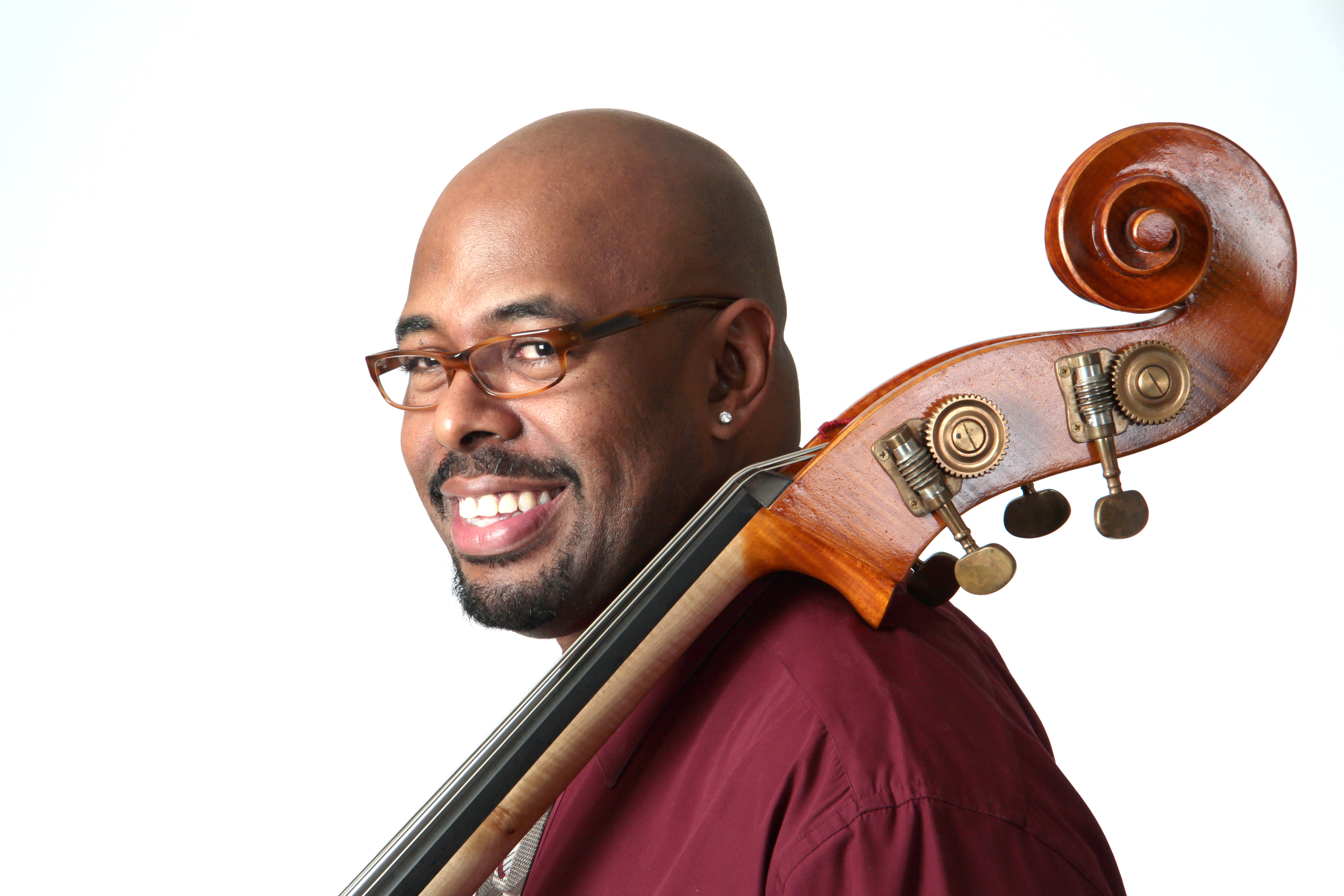
Christian McBride
It’s not simply his abundant virtuosity that has made Christian McBride the most in-demand bassist of his generation. McBride consistently combines his deft musicianship with an innate ability to communicate his enthusiasm to an audience—a warm showmanship that transforms his own passion into infectious joy. It comes across whether he’s leading his own bands; sharing the stage with jazz legends like Sonny Rollins, Chick Corea, Herbie Hancock or Pat Metheny; accompanying pop giants like James Brown, Sting or The Roots; or collaborating with classical masters like Kathleen Battle, Edgar Meyer or the Shanghai Quartet. Read more...
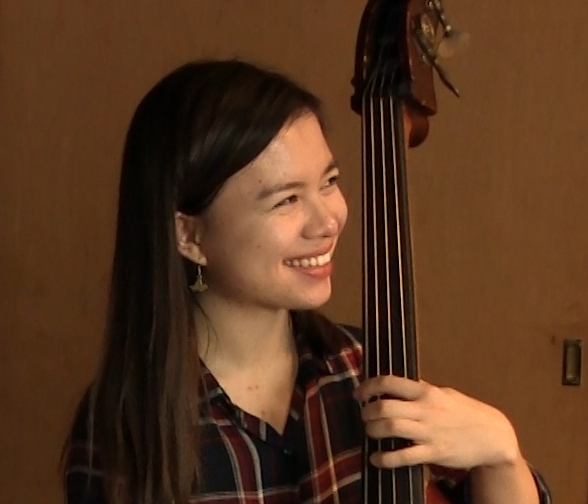
Kanoa Mendenhall
Kanoa Mendenhall was born in Yokohama, Japan and raised in Monterey, California. She grew up listening to jazz in the household, and was highly influenced by her father, jazz pianist Eddie Mendenhall. Kanoa started playing jazz and classical cello at age ten and the upright bass at age twelve. By age thirteen, she was playing regularly in the Monterey and San Francisco Bay areas, and has recorded and/or performed with musicians such as Lew Soloff, Allison Miller, the SFJAZZ Collective, Mark Sherman, Bruce Forman, Pheeroan akLaff, and Antonio Hart. Read more...
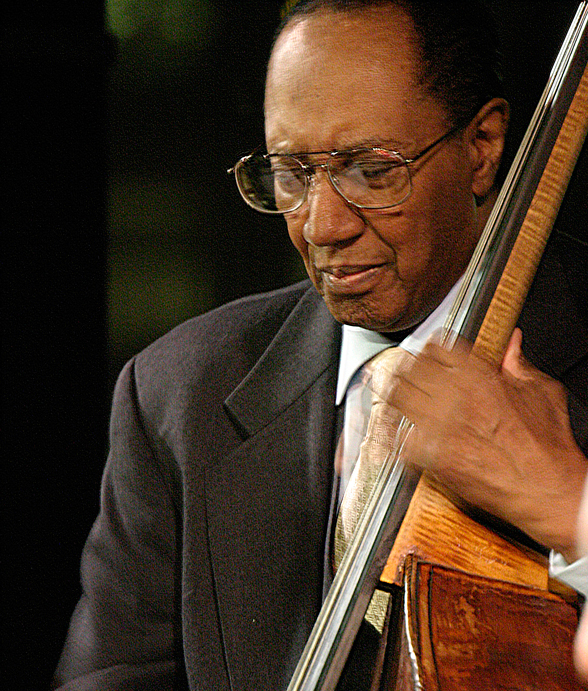
Jymie Merritt
Hailing from Philadelphia, PA, Jymie Merritt grew up in good company, playing his first professional gigs with John Coltrane, Tadd Dameron, Benny Golson and Philly Joe Jones. Merritt is most known for his work with Art Blakey and the Jazz Messengers from 1957-1962. He also played with musicians such as blues guitarist B.B. King, trumpeter/vocalist Chet Baker, Max Roach, Dizzy Gillespie, and Lee Morgan, and led his band "The Forerunners" for several decades in his hometown of Philadelphia. Read more...
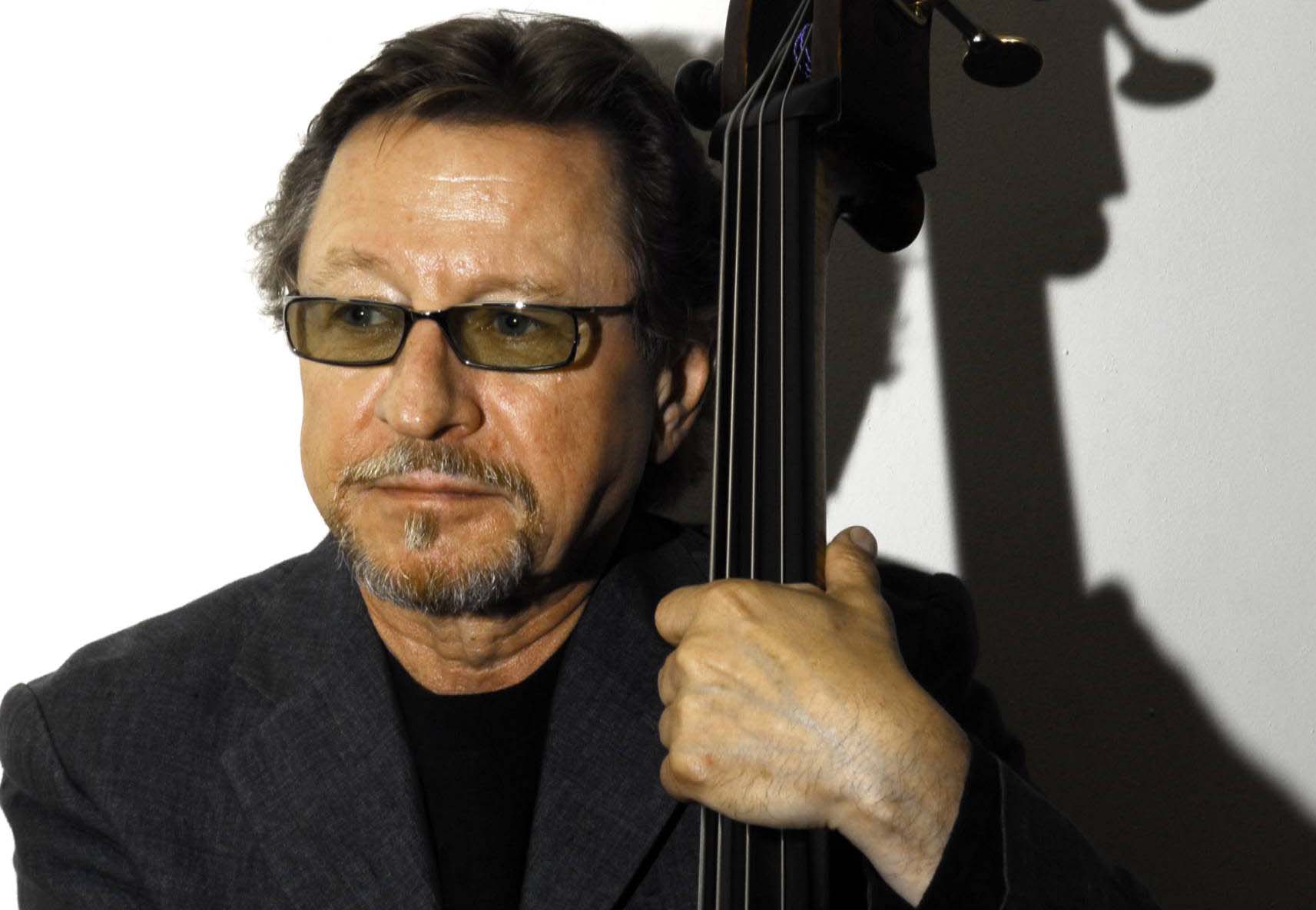
George Mraz
Revered for his impeccable intonation, inventive accompaniment and complete mastery of the bass's technical demands, George Mraz is one of the greatest bassists of the last fifty years. Mraz has such profound ears that he has been chosen by some of the greatest musicians in history: Oscar Peterson, Hank Jones and Tommy Flanagan to name but a few. Read more...
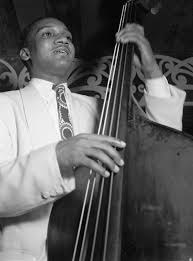
Oscar Pettiford
Oscar Pettiford's mother was Choctaw and his father was half Cheokee and half African American, making for an interestingly rich musical background. He grew up singing and playing piano in a family band before eventually switching to the bass at the age of 14. Pettiford was strongly influenced by the great Milt Hinton who helped convince Pettiford that if he continued to pursue music, he would make a successful career from it. Performing with Dizzy Gillespie helped Pettiford become recognized as one of the first bassists in the bebop world. Read more...
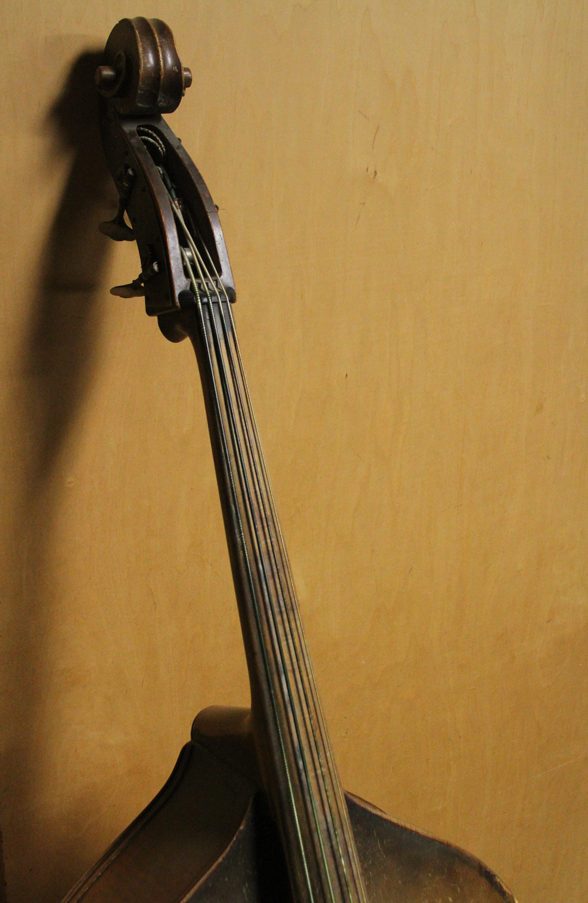
Abdullah Rafik
Discographies show Rafik playing two sessions with Rahsaan Roland Kirk in 1963. Pianist Harold Mabern was on both sessions. Two other NYC musicians who were friends of ours, trumpeter Virgil Jones and drummer Walter Perkins, also recorded with Rafik and Kirk then, but both are deceased. Read more...
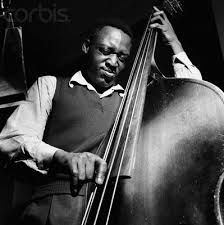
Wilbur Ware
Wilbur Ware's unique approach to the function of the bass in an ensemble has inspired countless musicians to play what they hear, even if it's not the most typical approach. Ware was renowned for his idiosyncratic yet immensely swinging beat that locked down the band rhythmically, as well as his highly creative harmonic sense. Wilbur's ability to play his "own notes," as bassist Ron Carter said, distinguished him from the other practitioners of his instrument. John Coltrane stated in an interview with August Blume, "Wilbur Ware, he's so inventive . . . He doesn't always play the dominant notes . . . He's superimposing things. He's playing around, under and over, so when he comes back you feel everything set in . . . A lot of fun playing that way." Read more...
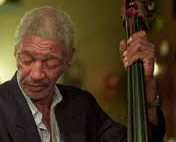
Butch Warren
Butch Warren's discography speaks for itself, ranging from recordings with Herbie Hancock, Dexter Gordon, Joe Henderson and Donald Byrd, to name but a few. His began playing professionally at the age of 14 in his native Washington, D.C. with his father, Edward Warren. After becoming one of the most in-demand bassists in D.C., Warren moved to New York City in 1958 to where he quickly became recognized by Jackie McLean, Kenny Dorham and a long list of other contemporary musicians and producers. Read more...
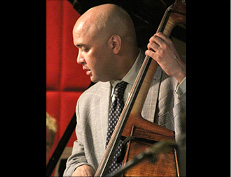
Peter Washington
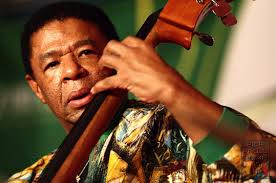
Buster Williams
Bassist Buster Williams is an iconic musician whose trademark sound and styling are present on over 300 recordings to date. Williams, known for his ability to simultaneously be insistent yet supportive, has been the bassist of choice for legends including Sarah Vaughan, Herbie Hancock, Mary Lou Williams, Hank Jones and even Ron Carter (in his two-bass "Piccolo" quartet). His prolific contributions in the recording studio range from dates with Nancy Wilson and Betty Carter to Art Blakey, Woody Shaw, Dexter Gordon and Miles Davis. Read more...
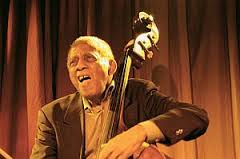
Jimmy Woode
An important performer but decidedly less celebrated than deserved, Jimmy (James Bryant) Woode was a formidable presence in rhythm sections of bands lead by numerous jazz icons. A partial and curtailed list presents Sidney Bechet, Billie Holiday, Charlie Parker and for five years Duke Ellington. Read more...
